Hermeneutics and Music Criticism
Roger W. H. Savage
University of California, Los Angeles

NEW YORK AND LONDON
First published 2010
by Routledge
270 Madison Ave, New York, NY 10016
Simultaneously published in the UK
by Routledge
2 Park Square, Milton Park, Abingdon, Oxon OX14 4RN
Routledge is an imprint of the Taylor & Francis Group, an informa business
This edition published in the Taylor & Francis e-Library, 2009.
To purchase your own copy of this or any of Taylor & Francis or Routledges collection of thousands of eBooks please go to www.eBookstore.tandf.co.uk.
2010 Taylor & Francis
All rights reserved. No part of this book may be reprinted or reproduced or utilised in any form or by any electronic, mechanical, or other means, now known or hereafter invented, including photocopying and recording, or in any information storage or retrieval system, without permission in writing from the publishers.
Trademark Notice: Product or corporate names may be trademarks or registered trademarks, and are used only for identification and explanation without intent to infringe.
Library of Congress Cataloging in Publication Data
Savage, Roger W. H.
Hermeneutics and music criticism/Roger W. H. Savage.
p. cm.
1. Musical criticism. 2. Musicology. 3. MusicPhilosophy and aesthetics. I. Title.
ML3880.S296 2009
781.17dc22 2008055614
ISBN13: 978-1-135-83924-6 ePub ISBN
ISBN10: 041599859X (hbk)
ISBN10: 020387515X (ebk)
ISBN13: 9780415998598 (hbk)
ISBN13: 9780203875155 (ebk)
FOR PAT, KRISTEN AND LAURA
CONTENTS
PREFACE
Looking back, my interest in aesthetics and philosophy began long before I was especially aware of it. While studying composition at McGill University, I attended a seminar on twentieth-century music with Bengt Hambraeus in which I made a stammering attempt to grapple with the vis--vis of music and time. Later, with David Osmond-Smiths encouragement at the University of Sussex, I began to explore the thought of Theodor W. Adorno, a critic and philosopher whose work continues to raise vital questions while posing formidable challenges. In the graduate seminars I taught at UCLA over the past decade, I became increasingly aware of the need for a rapprochement between hermeneutics and the critical perspective Adorno advocated, which has become commonplace in critical theory and cultural studies.
The more I tried to untangle the relation between a critical, theoretical standpoint and the quality of musical experiences, the more I became aware of the obstacles that stood in the way of retrieving musics affective power. Though I was sympathetic to critiques of romantic sensibilities, I was also concerned that efforts to overturn the notion of a purely musical experience too often overlooked the creative forces at work. The difficulty of achieving a rapprochement between this critical vantage point and a hermeneutical perspective on musics productive value was compounded by the fact that the term hermeneutics seemed to have different musicological and philosophical resonances. These differences seemed to me to be due in part to the fact that Hermann Kretzschmar adopted musical hermeneutics in response to Eduard Hanslicks claim that musics content consists of tonally moving forms. Furthermore, the discrepancy between these different musicological and philosophical resonances appeared to be exacerbated by the advent of postmodern musicology. In many ways, the widely-held view that musical hermeneutics was a way of deciphering musics extra-musical meanings seemed to conflict with the insights of philosophers who we identify with the remarkable achievements in hermeneutical thought in the twentieth century. Consequently, one of my principal aims in writing this book was to bring together two distinct but related phenomena: cultural musicologys timely critique of the ideological nature of the concept of musics aesthetic autonomy, and the compelling character of the living experience of music. The adventure on which I embarked in writing this book is my attempt to forge a new perspective on musics expressive powera perspective that would account for musics dynamic and imaginative force while acknowledging its sometimes deleterious effects.
While I have not written a manual for music criticism, the issues that concern me bear directly on the practice and politics of interpreting musics meaning and significance. However justifiable denouncing musics relegation to a sacrosanct cultural preserve continues to be, the danger of succumbing to the effects of the long history that cultural musicologists and social scientists have been struggling against served as a constant caution against the temptation to simply reverse the practice of abstracting music from its sustaining life-contexts. The irony that nineteenth-century ideals of musics transcendent autonomy and formal self-sufficiency might in fact conform to historical precepts that remained largely hidden from critical scrutiny provided a cogent theme around which I could reexamine seminal constructs that have played major roles in the discourse in which musicologists, ethnomusicologists, cultural theorists, critics, and philosophers have all had a part.
Many readers will be familiar with some of the most influential ideas with which this book engages. Deconstructions of absolute musics claim to aesthetic autonomy have drawn everyones attention to the metaphysical and formalist conceits that are used to justify divorcing musical works from social reality. My challenge, in writing this book, was to examine the tactics and strategies employed in deconstructing musics aesthetic isolation from a different vantage point, in the hopes of recovering the productively creative value that, with special regard to music, is indispensable to the enrichment of our experiences of the world.
My attention to the hermeneutical and phenomenological aspects of the power of musica power that is most evident in those instances when music redescribes our elective affinities with the worldhighlights the ontological vehemence of the moods and feelings that music expresses. Hence my critique of the historical treatment of musics imitative function culminates in an examination of such diverse limited experiences as those exemplified by  arab ecstasy, the music of Malawi dancing prophets, and some postmodern minimalist works. The subsequent consideration I give to the politics of music criticism follows from the hermeneutical perspective I develop in my argument on the musical works power to speak. The hermeneutics of music criticism I thus set out has one express aim: to revitalize the role of criticism within the broader context of a thoroughgoing understanding of musics singular capacity to refigure a reality it also surpasses and transcends.
arab ecstasy, the music of Malawi dancing prophets, and some postmodern minimalist works. The subsequent consideration I give to the politics of music criticism follows from the hermeneutical perspective I develop in my argument on the musical works power to speak. The hermeneutics of music criticism I thus set out has one express aim: to revitalize the role of criticism within the broader context of a thoroughgoing understanding of musics singular capacity to refigure a reality it also surpasses and transcends.
It is impossible to adequately acknowledge all those who have had a part in the intellectual journey that led to undertaking this project. I do, however, recognize the debt of gratitude I owe to many individuals who have contributed in different ways to its inception and completion. I was extremely fortunate to meet Michael Poellet at an especially felicitous moment in my life. Michael graciously invited me to attend seminars he was giving at the time, and I will always be grateful to him for introducing me to the thought of Paul Ricoeur, Hans-Georg Gadamer, and Martin Heidegger. Wayne Turner has also been a remarkable conversation partner over the years. I gained more than I can say from reading different texts with Michael and Wayne in Saskatoon, and the influences of those years of conversation are woven throughout this book.

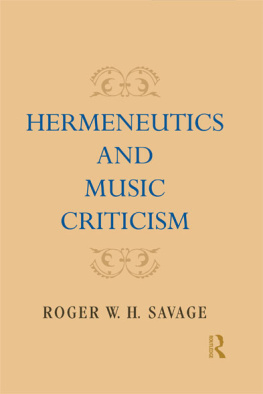
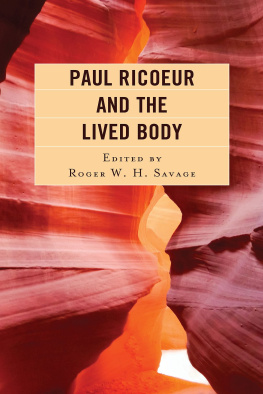
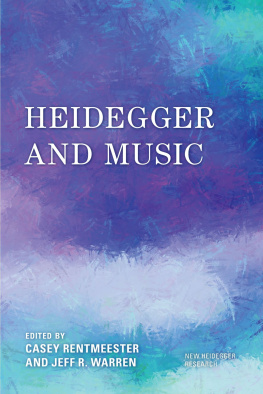
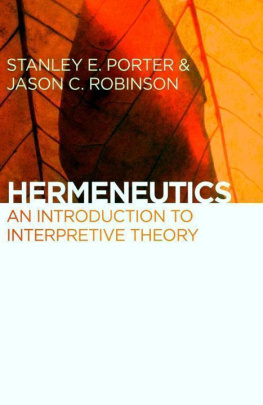
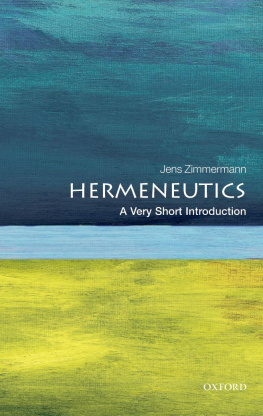

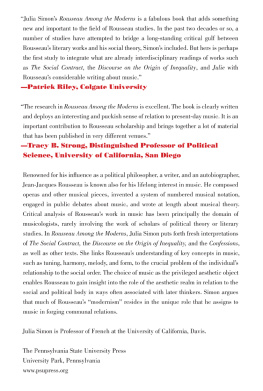
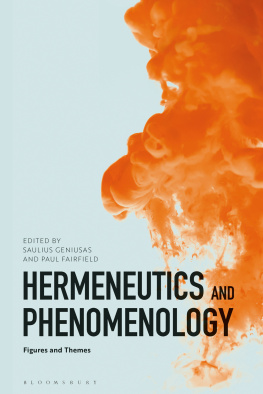
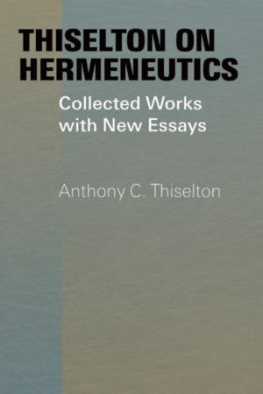
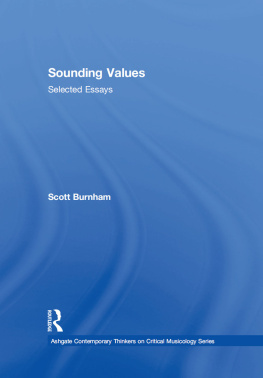
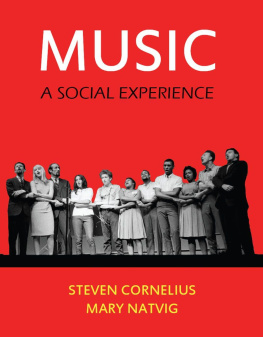
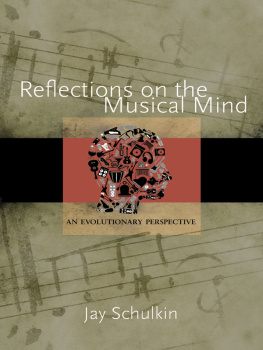
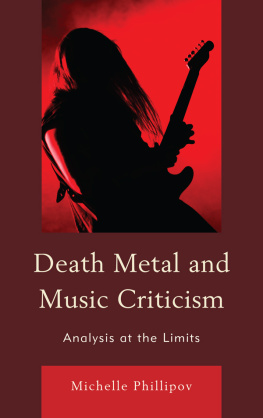


 arab ecstasy, the music of Malawi dancing prophets, and some postmodern minimalist works. The subsequent consideration I give to the politics of music criticism follows from the hermeneutical perspective I develop in my argument on the musical works power to speak. The hermeneutics of music criticism I thus set out has one express aim: to revitalize the role of criticism within the broader context of a thoroughgoing understanding of musics singular capacity to refigure a reality it also surpasses and transcends.
arab ecstasy, the music of Malawi dancing prophets, and some postmodern minimalist works. The subsequent consideration I give to the politics of music criticism follows from the hermeneutical perspective I develop in my argument on the musical works power to speak. The hermeneutics of music criticism I thus set out has one express aim: to revitalize the role of criticism within the broader context of a thoroughgoing understanding of musics singular capacity to refigure a reality it also surpasses and transcends.